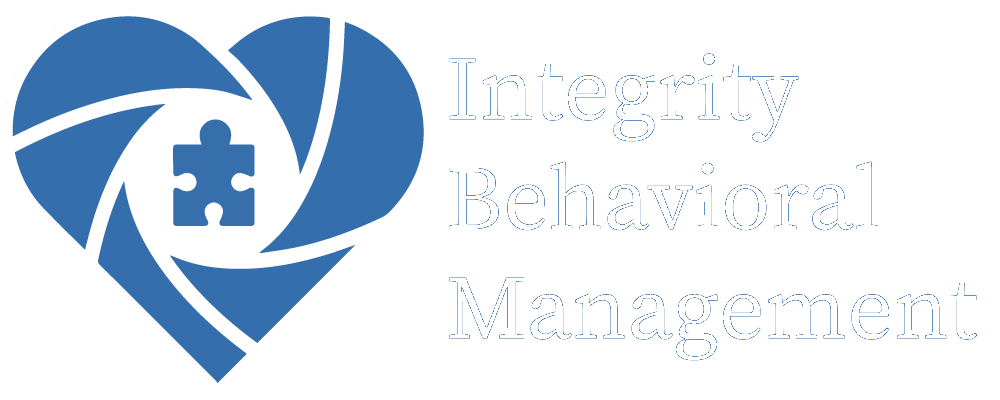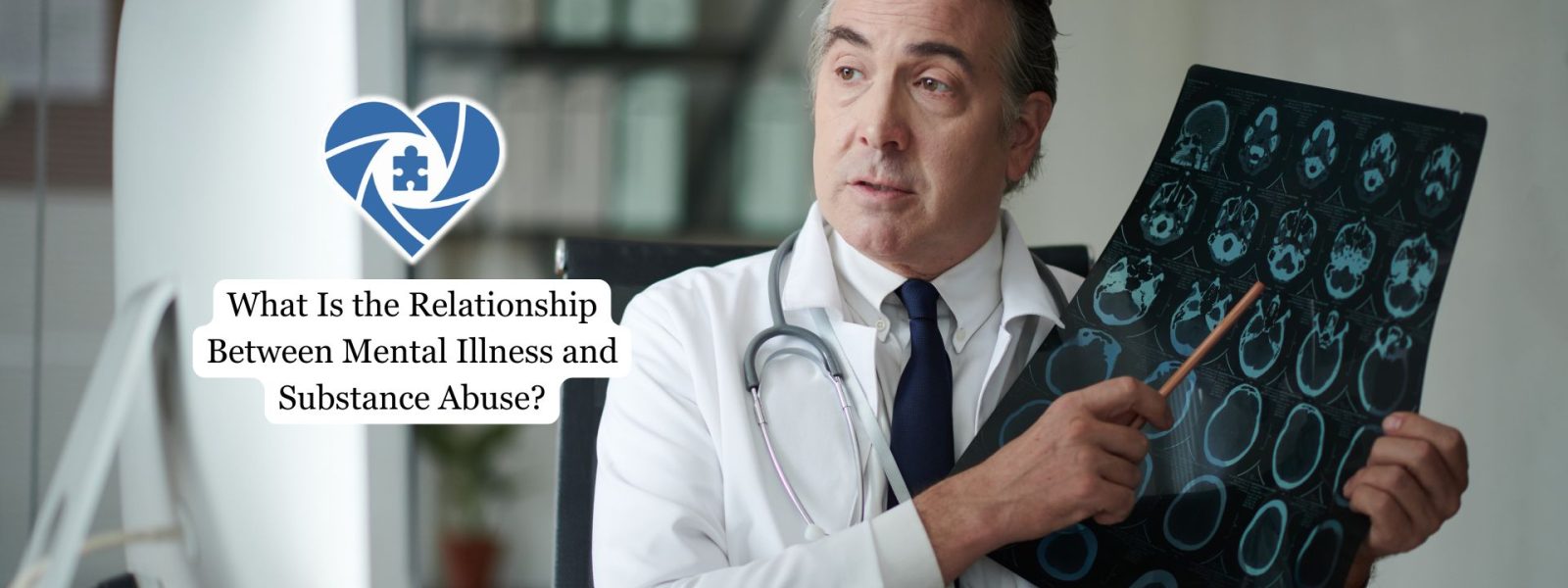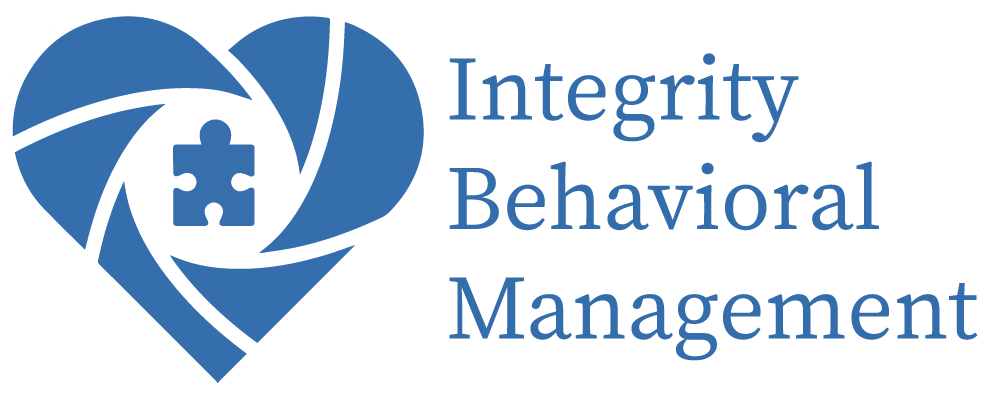The relationship between mental illness and substance abuse is complex and bidirectional. This intricate interplay, known as co-occurring disorders or dual diagnosis, indicates that mental health problems can increase the likelihood of substance abuse, while substance use can worsen or even cause mental health issues.
By unveiling the complexities of this connection, we hope to offer insights that can guide more effective prevention strategies and comprehensive treatment approaches, ultimately leading to better outcomes for individuals struggling with both mental illness and substance abuse.
The Bidirectional Relationship
People with mental health problems may use drugs or alcohol to try to make themselves feel better for a short time. This is called self-medicating. But self-medicating often leads to addiction and can make mental health symptoms worse, not better.
On the other hand, abusing drugs and alcohol can cause mental health issues or make them more severe by changing the way the brain works. Using drugs for a long time can cause changes in the brain and body that may lead to or worsen symptoms of depression, anxiety, and other mental health problems.
This two-way relationship creates a cycle where each problem makes the other one worse. This cycle makes it harder to diagnose and treat both issues.
For individuals grappling with dual diagnosis in the New Orleans area, Integrity Behavioral Management’s residential program acknowledges the intricacies of these interconnected conditions.
Common Co-Occurring Disorders
Among the most prevalent mental health conditions associated with substance abuse are mood disorders, such as major depressive disorder and bipolar disorder. Individuals with these conditions may turn to substances like alcohol or stimulants in an attempt to self-medicate their emotional pain or mood swings.
Anxiety disorders, such as generalized anxiety disorder and panic disorder, are also commonly seen in individuals who misuse substances to alleviate overwhelming feelings of fear and anxiety.
Post-traumatic stress disorder (PTSD) is also frequently associated with substance abuse, particularly among trauma survivors who may use drugs or alcohol to numb distressing memories and emotions.
Schizophrenia and other psychotic disorders can complicate substance use, as individuals may use drugs in an effort to cope with symptoms like hallucinations or delusions.
It’s also important to mention, personality disorders, such as borderline personality disorder, which often coexist with substance abuse, as individuals may engage in impulsive behaviors that include drug or alcohol use as a means to manage intense emotions.

Shared Risk Factors
Adverse childhood experiences (ACEs), such as abuse and neglect, are shared risk factors that significantly raise the likelihood of struggling with these co-occurring disorders later in life.
Biological factors, including a family history of mental illness or substance abuse, can elevate your risk for both conditions. Trauma or PTSD resulting from distressing events, like violence or losing a loved one, also serve as common triggers for the onset of mental health issues and substance misuse.
Psychosocial stressors, such as divorce, job loss, or financial difficulties, frequently contribute to the development of these co-occurring disorders as well. For mothers, depression experienced during or after pregnancy can be a risk factor for developing both mental illness and substance use disorders.
When in need of professional help, don’t let the expenses stop you from receiving the proper care, always review the policies of health insurance coverage for addiction treatment and learn how you can maximize those benefits.
Prevention Strategies
Effective prevention strategies include early intervention programs targeting at-risk populations, especially those with adverse childhood experiences, which are significant risk factors for co-occurring disorders.
Implementing school-based mental health education can raise awareness about the connection between mental illness and substance use, helping students develop coping skills and resilience.
Promoting community support systems and peer mentoring programs mitigates the impact of psychosocial stressors that contribute to the development of these disorders.
Prioritizing access to mental health resources and substance use counseling in healthcare systems facilitates early identification and treatment, as untreated mental health disorders significantly increase the likelihood of substance abuse.
Encouraging healthy coping mechanisms and stress management techniques reduces the reliance on substances as a form of self-medication, lowering the risk of developing co-occurring disorders.
Importance of Dual Diagnosis Treatment
Integrated treatment approaches for co-occurring disorders have been shown to improve health outcomes, yet only a small percentage of individuals receive this vital care.
Dual diagnosis programs can help break the cycle of self-medication and reduce the risk of relapse by treating mental health and substance use issues simultaneously. This integrated approach often leads to better outcomes, such as improved mental health, reduced substance use, enhanced overall functioning, and a decreased likelihood of hospitalization. As a result, dual diagnosis treatment equips individuals with the tools and strategies necessary to effectively manage both conditions, promoting long-term recovery and resilience.
This approach often combines medication-assisted treatment (MAT) with various therapies tailored to the individual’s specific needs.
Misdiagnosis can lead to ineffective treatment strategies, underscoring the significance of accurate assessments and comprehensive care for those facing co-occurring disorders.
Final Thoughts from Integrity Behavioral Management
As we deepen our understanding of the interplay between mental illness and substance abuse, our capacity to deliver more effective and compassionate care also expands.
Integrity Behavioral Management in New Orleans offers a residential treatment program that exemplifies this holistic approach to care. The program is designed to address both mental health issues and substance use disorders concurrently, providing a supportive environment conducive to recovery.





